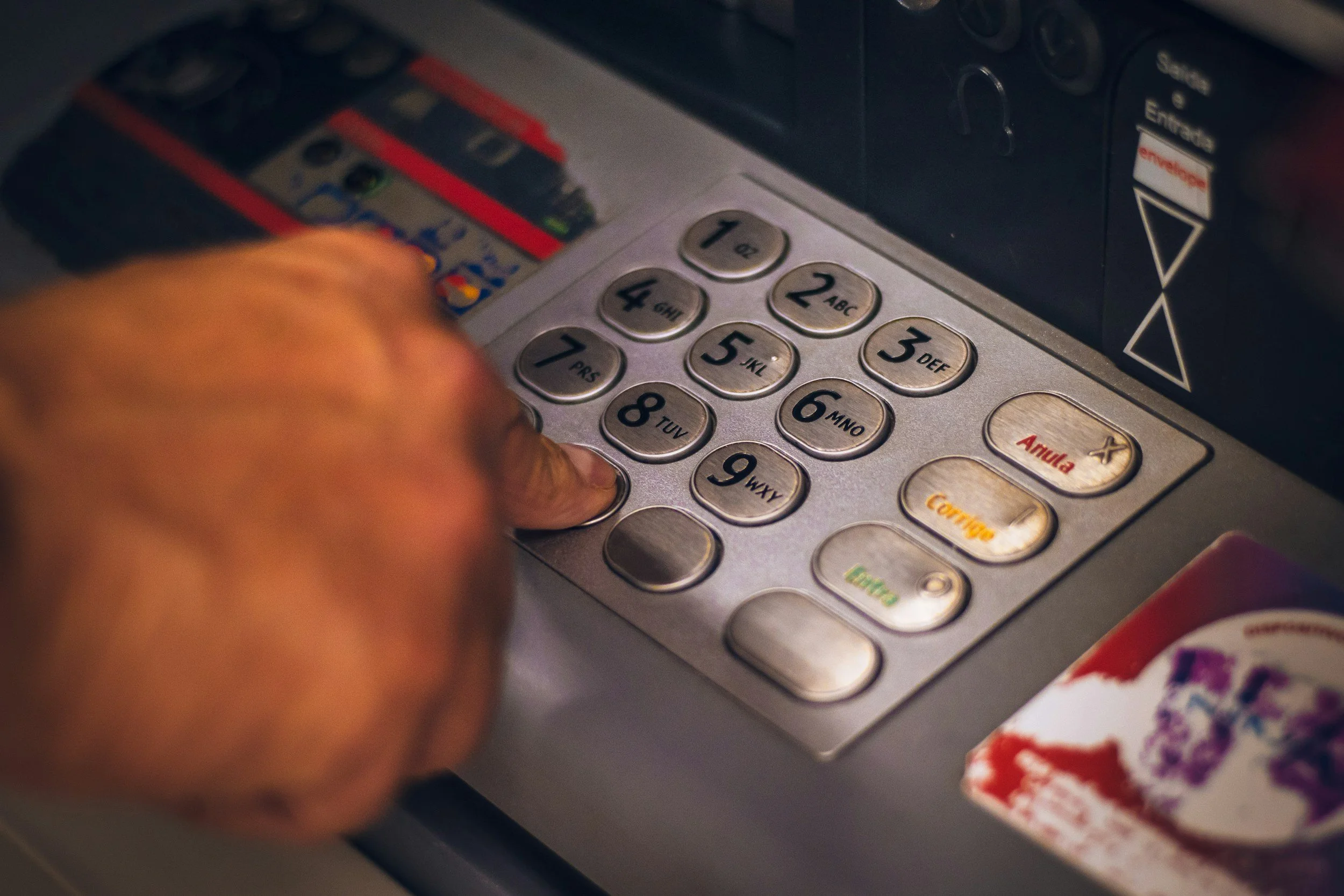
White-Collar Defense
The White-Collar Defense Blog highlights recent developments and analysis from white-collar cases around the country, including healthcare fraud, procurement fraud, cryptocurrency fraud, computer fraud, securities fraud, commodities fraud, import fraud, insider trading, investment fraud, and money laundering.

Cryptocurrency Money Laundering Charges and Investigations: Federal Statutes and Defense Strategies
Cryptocurrency money laundering cases involve far more than digital asset transfers. These cases turn on intent, control, and how federal prosecutors apply traditional statutes like 18 U.S.C. §§ 1956, 1957, and 1960 to blockchain-based activity. This in-depth analysis explains how the DOJ and law enforcement agencies build crypto money laundering cases using blockchain analytics, exchange records, and device evidence. It also outlines the defense strategies that matter most, including challenges to tracing, attribution, forfeiture, and jurisdiction.

Insider Trading on Prediction Markets: Next up for DOJ
Trading on prediction markets with material nonpublic information can create significant insider-trading and fraud exposure under federal law. As prediction markets continue to influence public narratives and financial decision-making, they are increasingly likely to become a focal point for insider-trading investigations.

On the Enforcement Horizon: Fraud and Manipulation in Chinese ADRs
An in-depth analysis of how U.S. enforcement agencies, including the SEC and DOJ, are pursuing market manipulation and fraud cases involving Chinese ADRs traded on NASDAQ. The article explains ADR structures, common fraud schemes, evidentiary strategies, and defense approaches in parallel investigations.

Up next for DOJ: Healthcare Fraud in Autism Services
In Minnesota, autism-services fraud has moved from rumor to charges. Expect additional cases in this area to come down the pike in the next six months. Learn the ins and outs of these cases in this short primer.

Up next for DOJ: Import Fraud
A Primer for Facing Federal Import Fraud or Customs Evasion Charges

Bitcoin Treasury Companies: Fraud on the Horizon
Bitcoin Treasury Companies Are Rising Fast — But So Are the Risks

Bank Fraud: Mounting a Defense
Defending against allegations of bank fraud requires sophisticated counsel who can identify and exploit weaknesses in the government’s case.

Insider Trading: A primer for individuals to understand its definition and defenses.
In the complex world of securities trading, few violations carry as severe consequences as insider trading. Criminal penalties can reach up to 25 years in prison, and civil fines can extend into millions of dollars. Understanding what constitutes insider trading has therefore become essential for anyone involved in financial markets.

Procurement Fraud Defense: On the Law-Enforcement Horizon
With DOGE and fraud, waste, and abuse at the forefront of most public statements by Trump Administration officials, it is a near certainty that an uptick in federal investigations and indictments for procurement fraud cases will follow. Defending procurement fraud cases requires knowledge of the relevant statutes, know-how in deconstructing them, and trial skills.

DOJ Cryptocurrency Enforcement Memo: Shifting Priorities and Protecting “Retail Investors”
The 2025 DOJ cryptocurrency enforcement strategy took a major turn with the release of a memorandum from the Deputy Attorney General on April 7, 2025. The memo, titled Ending Regulation by Prosecution, outlines a new approach to investigations and prosecutions involving digital assets, signaling a sharp departure from the prior Administration’s enforcement priorities.
